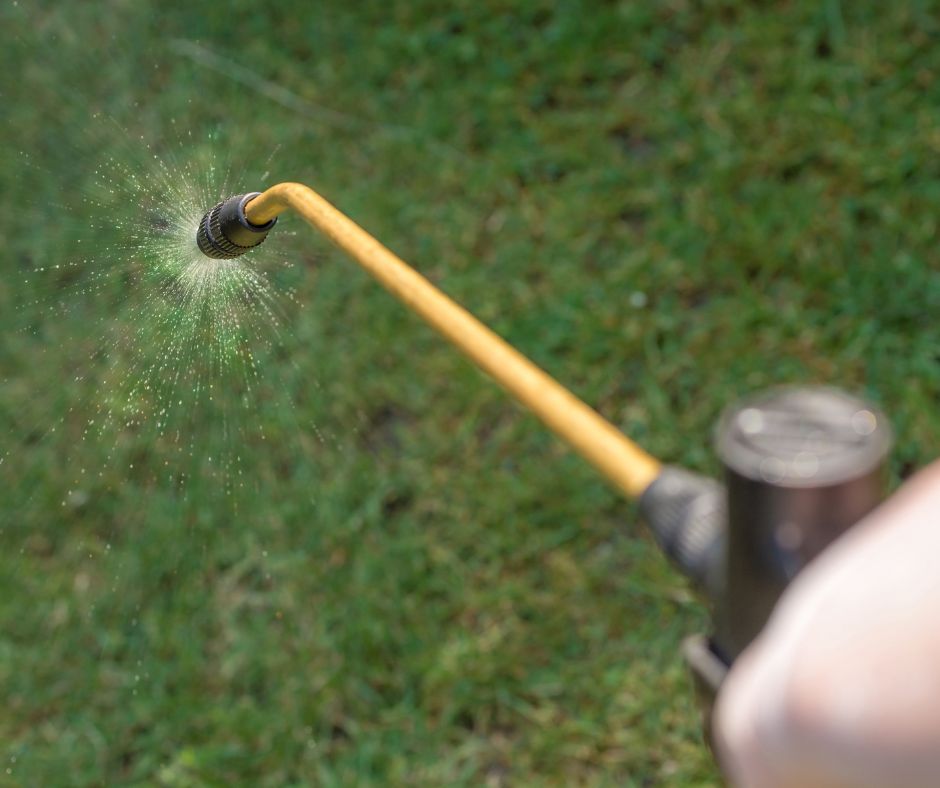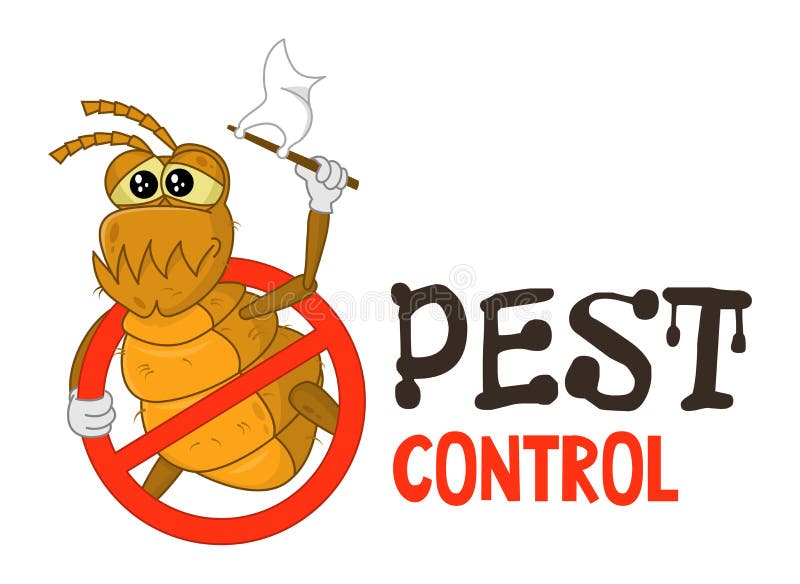Comprehensive Pest Control Services to Protect Your Home in Port Charlotte
Learn Concerning the most up to date Breakthroughs in Parasite Control and How to Execute Reliable Therapy Solutions
In current years, the area of pest control has experienced considerable developments, driven by the demand for effective and lasting treatment remedies. Ingenious strategies such as Integrated Parasite Administration (IPM) incorporate green methods with advanced innovation, enhancing both efficacy and ecological obligation.
Eco-Friendly Parasite Control Options
In current years, the demand for environment-friendly parasite control choices has actually surged as homeowners and businesses alike seek lasting options to traditional chemical treatments. This change is driven by growing environmental awareness and a desire to lessen the health and wellness dangers related to artificial chemicals.

Eco-friendly parasite control methods encompass an array of approaches that focus on using natural substances and practices. Integrated Parasite Administration (IPM) is one such technique, combining organic, cultural, and mechanical techniques to handle parasite populations while minimizing reliance on chemicals (Wildlife removal services). This holistic approach stresses avoidance via habitat manipulation and the introduction of all-natural predators, consequently fostering a well balanced community
Another prominent alternative is making use of herb chemicals stemmed from plants, which tend to be less unsafe to non-target organisms. Products like neem oil and diatomaceous earth have obtained traction for their efficiency in regulating bugs while presenting marginal threats to human health and wellness and the environment.
In addition, exemption methods, such as securing access factors and preserving tidiness, play a critical function in environmentally friendly bug administration. By adopting these sustainable practices, people and companies can effectively manage bugs while promoting a much healthier earth for future generations.
Smart Technology in Insect Management
Development is reshaping the landscape of insect administration, with smart modern technology emerging as an essential pressure in improving efficiency and efficiency - Wildlife removal services. The combination of Net of Points (IoT) tools, expert system (AI), and information analytics is reinventing just how parasite control experts come close to problems
Smart traps furnished with sensors can detect bug task in real-time, sending prompt signals to drivers. This permits prompt actions, lessening damages and lowering the requirement for extensive therapies. In addition, AI formulas analyze historical data to anticipate pest habits, allowing aggressive treatments based upon ecological problems and invasion patterns.
Drones and computerized automobiles are likewise playing a substantial function in insect management, offering aerial analyses of huge areas, determining hotspots, and even distributing targeted therapies. These technologies not just streamline operations however additionally enhance safety and security by limiting human exposure to possibly dangerous chemicals.
Furthermore, mobile applications encourage consumers to keep an eye on bug task and accessibility expert advice, cultivating a collaborative method to pest management. Overall, the fostering of smart technology is establishing a brand-new criterion in bug control, stressing data-driven decisions and lasting methods that ultimately profit both home owners and specialists alike.
Integrated Pest Management Methods
Integrated Insect Administration (IPM) uses a holistic technique to pest control, integrating various strategies to effectively manage bug populations while minimizing dangers to human health and the atmosphere. IPM focuses on recognizing the pest life cycle, their natural adversaries, and the useful link community in which they grow.
One of the fundamental elements of IPM is checking pest populations through routine evaluations and data collection. This enables the identification of parasite limits, identifying when intervention is necessary. Social practices, such as crop turning, cleanliness, and environment adjustment, are important in decreasing parasite occurrence and advertising plant wellness.
Mechanical controls, including catches and obstacles, are also vital in IPM. These methods can physically get rid of or prevent bugs without the usage of chemicals. When essential, the wise application of chemical controls is employed, concentrating on targeted therapies that reduce ecological impact.
Education and collaboration amongst stakeholders, consisting of farmers, parasite control specialists, and the neighborhood, are essential for the successful execution of IPM techniques. By prioritizing sustainable techniques, IPM not just addresses pest concerns however additionally fosters official website a much healthier ecological community.
Biological Control Approaches
Various organic control techniques are progressively recognized for their performance in taking care of bug populaces while promoting ecological balance. These approaches harness natural predators, parasites, and virus to lower pest numbers without counting on artificial chemicals. The intro of ladybugs can properly manage aphid populaces, while nematodes target soil-dwelling bug larvae.
Additionally, the usage of microbial chemicals, such as Bacillus thuringiensis (Bt), supplies an eco-friendly alternative for taking care of caterpillar insects. These products particularly target pest varieties, lessening harm to beneficial bugs and pollinators. Moreover, conservation biological control highlights enhancing environments for all-natural adversaries, such as birds and beneficial insects, thus motivating their existence in agricultural systems.
Study continues to expose cutting-edge methods within this area, such as using pheromones to disrupt pest breeding patterns or the advancement of biocontrol representatives through genetic modification. Implementing these techniques can bring about lasting pest administration practices that mitigate the reliance on chemical interventions, eventually promoting much healthier environments. As understanding of these strategies grows, they are ending up being important components of integrated parasite administration (IPM) strategies, providing a balance between effective pest control and environmental stewardship.
Do It Yourself Parasite Control Solutions
As homeowners look for effective ways to deal with parasite problems, do it yourself bug control solutions have acquired appeal for their access and cost-effectiveness. These methods encourage individuals to address problems making use of conveniently offered materials and strategies, usually without the demand for professional treatment.

Additionally, preserving correct cleanliness and routine assessments can stop pest entry and nesting (Wildlife removal services). Simple practices, such as sealing fractures, removing food resources, and decluttering, can substantially diminish bug populaces. Traps, both homemade and readily available, can also supply effective services for wikipedia reference surveillance and regulating certain parasites like rats or bugs

Final Thought
The assimilation of environmentally friendly parasite control options, clever innovation, and innovative monitoring strategies provides a detailed technique to reliable insect administration. By welcoming Integrated Pest Administration (IPM) and using biological control approaches, together with Do it yourself services, liable and sustainable insect control can be achieved.
Eco-friendly pest control techniques include an array of methods that prioritize the use of all-natural compounds and methods. Integrated Insect Management (IPM) is one such approach, incorporating organic, social, and mechanical techniques to take care of insect populations while decreasing reliance on chemicals. As awareness of these strategies expands, they are coming to be indispensable components of incorporated pest management (IPM) approaches, using a balance in between efficient parasite control and ecological stewardship.
The integration of environment-friendly bug control options, wise modern technology, and innovative administration approaches provides a detailed approach to effective parasite management. By welcoming Integrated Pest Management (IPM) and utilizing biological control techniques, along with DIY services, sustainable and liable insect control can be accomplished.